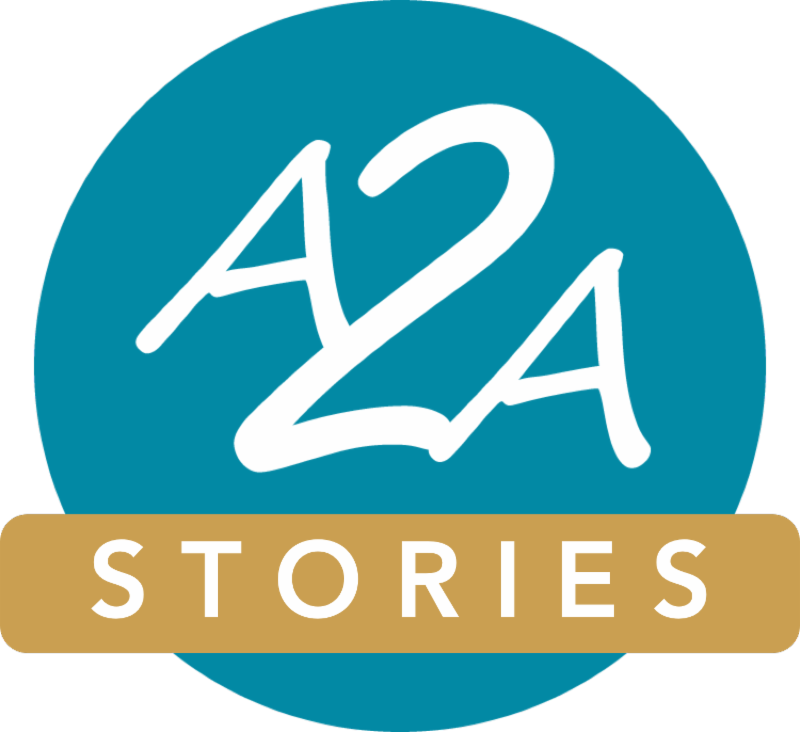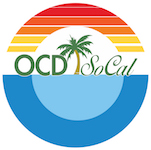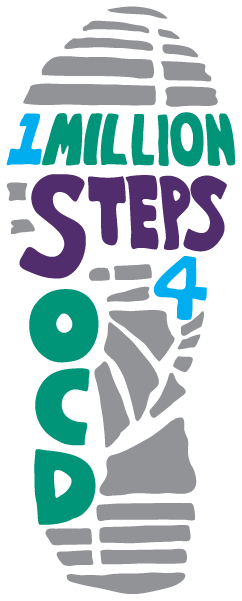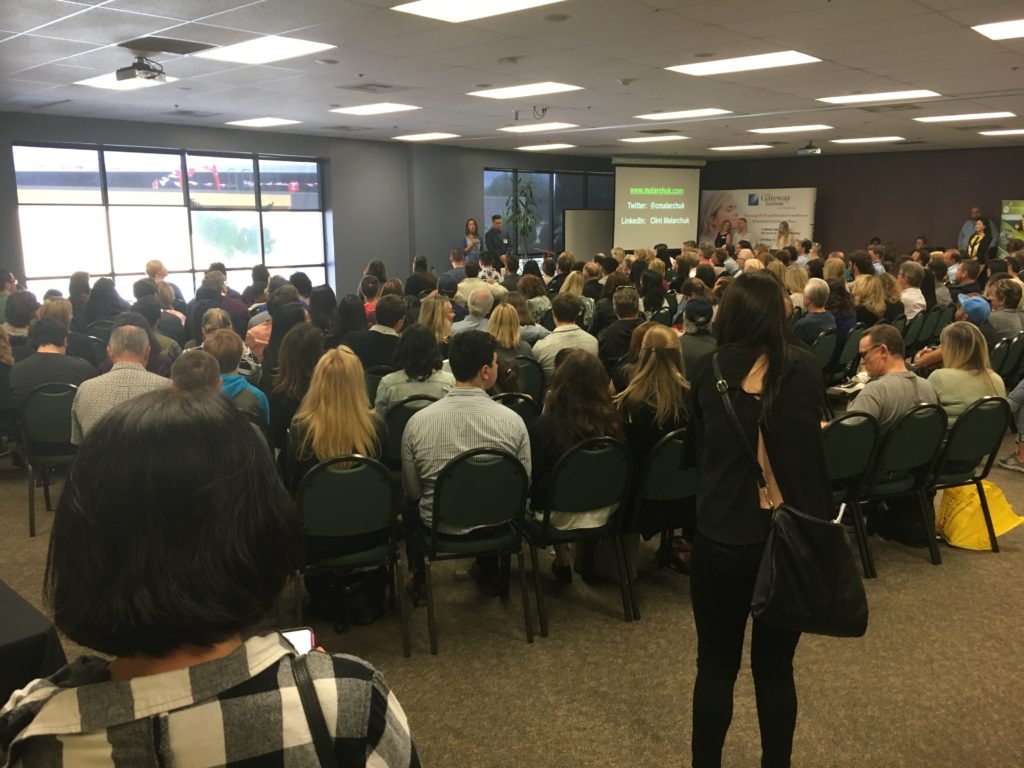
INTRODUCING THE A2A STORIES INITIATIVE!
The nonprofit Adversity 2 Advocacy Alliance is launching an exciting new venture to further its mission of promoting adversity-driven advocacy.
To those of you who have not yet had a chance to join the campaign: Please consider doing so today. Every single dollar counts; and we know that, with your help, we can fully fund this groundbreaking initiative and expand our A2A storytelling to a worldwide audience in powerful new ways.https://www.crowdrise.com/o/en/campaign/a2a1
A2A Stories is a digital platform featuring personal accounts of remarkable individuals who have turned some form of adversity into some form of advocacy on behalf of others with similar adversities.
The website offers a diverse mix of radio features, podcasts, livestreams, and blogs–each providing remarkable insights and inspiration. It is the beginning of an online community to promote a culture of helping ourselves by helping others.
WHAT CAN YOU DO?
Go to their website: http://www.a2aalliance.org and watch some of their inspirational videos!
- We think the best way to explain our initiative is to introduce you to six truly remarkable adversity-driven advocates whose stories we’ve been privileged to share.
- We know you’ll be inspired!
- We hope you’ll want to….
Donate:
- With your donation, the A2A Stories Initiative will:
- Expand its reach and ability to promote the work of adversity-driven storytellers through a comprehensive communications effort.
- Develop high impact, high visibility media strategies to establish itself as a leading resource for online communities of people facing mental, physical, and other life challenges.
- Cultivate a culture of transformative storytelling by showcasing the unique power of turning adversity into advocacy.
Share:
- We can’t do it alone! We need your help sharing these inspirational and informative A2A Stories with the world.
- Reshare our content with family, friends, and others in need of some inspiration and hope.
- Tag A2A Stories when you share our content on your social (@A2Astories) #a2astories.
MORE ABOUT THE A2A ALLIANCE:
The Adversity 2 Advocacy Alliance (A2A) is a 501(c)(3) non-profit organization dedicated to (1) networking and supporting inspiring individuals who have turned adversity into advocacy; (2) providing pathways to advocacy for anyone facing adversity; and (3) showcasing the proven power of turning adversity into advocacy.
A2A’s motto is “We help ourselves by helping others,” a notion supported by a growing body of empirical evidence from four research areas: empathy, service, purpose, and resilience.
To learn more visit www.a2astories.org or www.a2aallaiance.org



